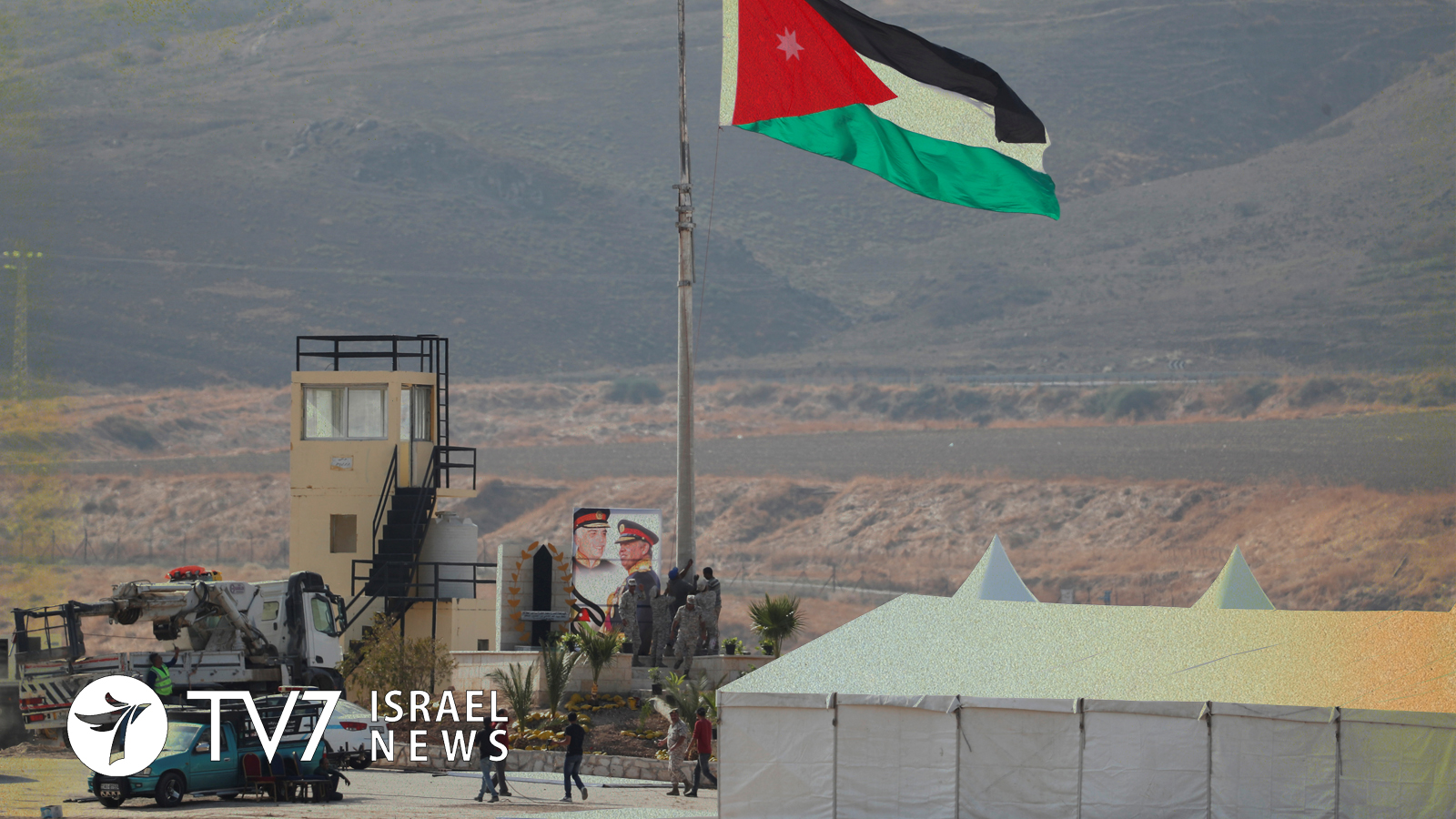Just two weeks after the 25th anniversary of the Israel-Jordan peace treaty, and consequently the end of Jerusalem’s control over two border-territories, Ghumar and Al-Baqoura or Tzofar and Naharayim in Hebrew, that were leased to the Jewish State by its eastern neighbor for agricultural purposes.
In an address to the Jordanian parliament in Amman, King Abdullah the Second formally declared an end to the decades old arrangement – a move Jerusalem interpreted as a means to appease many Jordanians that perceived Israeli use of the border territories as ‘humiliation that perpetuated Israel’s occupation of Jordanian lands.’ King Abdullah II said, “I announce today the end of the work in the special annex in the two areas…the two areas of Ghumar and Baqoura, in the peace treaty and impose our full sovereignty on every inch of them.”
It is important to note that Israel maintained controlled over the agricultural lands for over seven decades and received permission from the late Jordanian King Hossein to lease the areas under the 1994 peace treaty, with an Israeli assumption that the agreement would be extended. Nevertheless, in accordance with Annex I (c), which set the terms for the territorial arrangement, Jordan informed Israel of its decision to terminate the lease last year – consequently launching a marathon of consultations between the two countries. That said, in spite of chilled bilateral relations and a looming deadline of one year, Israel hoped a solution would be found. To Jerusalem’s dismay, however, King Abdullah’s announcement last night ended all speculations and the Hashemite Kingdom is set to reclaim full control over the borderlands in question.
Israeli Agriculture Minister Uri Ariel voiced his frustration over the Jordanian decision, claiming it to be “A violation, to an extent, of the understandings and agreements, even if they were made verbally, that we (Israelis) would be able to continue to farm in those areas, there is no harm to Jordanian sovereignty. And the Jordanians took it one step too far and I think it could harm the relations between the two countries”
Minister Ariel further criticized the Israeli government for its overdue reaction to the crisis, arguing that “Unfortunately, I think Israel woke up too late and was too slow; therefore, it didn’t take all the means it had to allow farmers to stay in those areas, even if it meant changing the sovereignty. I think there was a chance to keep them there. It’s a shame, we are now working to provide them alternative territories in Israel.”
When asked whether he had knowledge as to why Jordan decided to end its territorial arrangement with the Jewish State, Minister Ariel claimed that growing anti-Israeli sentiments in Jordan, where more than 70 percent of the population is of Palestinian origin, triggered the King’s decision. Minister Ariel said, “The environment in Jordan is anti-Israel, in the popular way, and the government is not pro-Israel and the reality is not great, so in any case, we are not on a honeymoon (period) but rather in a period of ongoing (bilateral) arguments.”
The head of the Jordan Valley regional council in Israel, Idan Grinbaum, rejected Minister Ariel’s comments; insisting that relations between Jerusalem and Amman remain solid – despite efforts by extreme elements in both countries to put an end to the Jordanian-Israeli peace agreement.
Israeli farmer Eli Azari whos kibbutz (agricultural community) worked one of the northern borderland parcels that are due to be confiscated by Jordan referred to the decision as “punch to the face.” That said, he also voiced hope that the King will find a sensible way to rectify the situation. “We ain’t going to let anybody from both sides — when I know the people want to see the peace collapse — we ain’t going to let them do it and we will make sure that we’ll keep cooperate between both… the cooperation between both sides will continue.”
